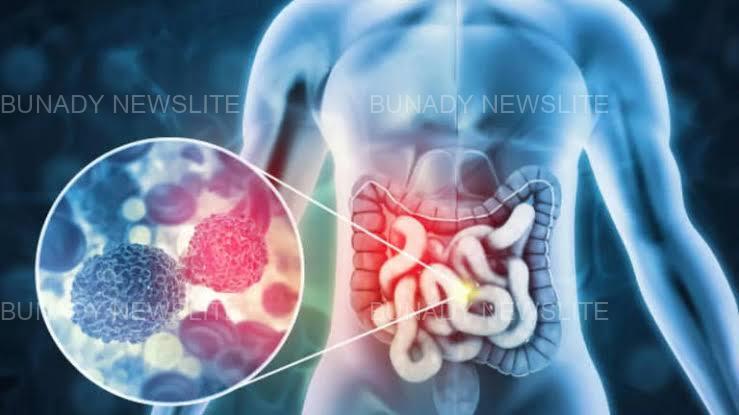Colon cancer is one of the most common cancers worldwide, yet it often develops silently, with subtle symptoms that many people overlook. Early detection is crucial for successful treatment, so recognizing warning signs is essential. Here are six silent symptoms of colon cancer that should never be ignored:
1. Unexplained Changes in Bowel Habits
If you notice persistent diarrhea, constipation, or narrow stools that last for more than a few weeks, it could be a sign of a tumor affecting the colon’s normal function.
2. Blood in the Stool (Rectal Bleeding)
Bright red or dark-colored blood in the stool can indicate bleeding in the digestive tract. While hemorrhoids can also cause bleeding, consistent rectal bleeding should be evaluated by a doctor.
3. Unexplained Weight Loss
If you are losing weight without changes in diet or exercise, it may indicate that cancer is interfering with nutrient absorption or increasing the body’s metabolism due to tumor growth.
4. Persistent Abdominal Pain or Discomfort
Cramps, bloating, or general abdominal discomfort that doesn’t go away can be a sign of a growing tumor obstructing the colon.
5. Chronic Fatigue or Weakness
Feeling constantly tired, even with proper rest, may result from internal blood loss caused by colon cancer, leading to anemia and reduced oxygen levels in the body.
6. Feeling of Incomplete Bowel Movements
A persistent urge to have a bowel movement, even after using the bathroom, could mean a tumor is obstructing the colon, making it difficult to pass stools completely.
When to See a Doctor
If you experience any of these symptoms for more than a few weeks, it’s important to consult a doctor for screening. Early detection significantly increases survival rates. Colonoscopies and other diagnostic tests can help identify issues before they become severe.
Conclusion
Colon cancer often starts with mild, easily overlooked symptoms. Paying attention to changes in bowel habits, persistent pain, fatigue, or unexplained weight loss can help in early diagnosis and treatment. Regular screenings, especially for individuals over 45 or those with a family history of colon cancer, are essential for prevention.

